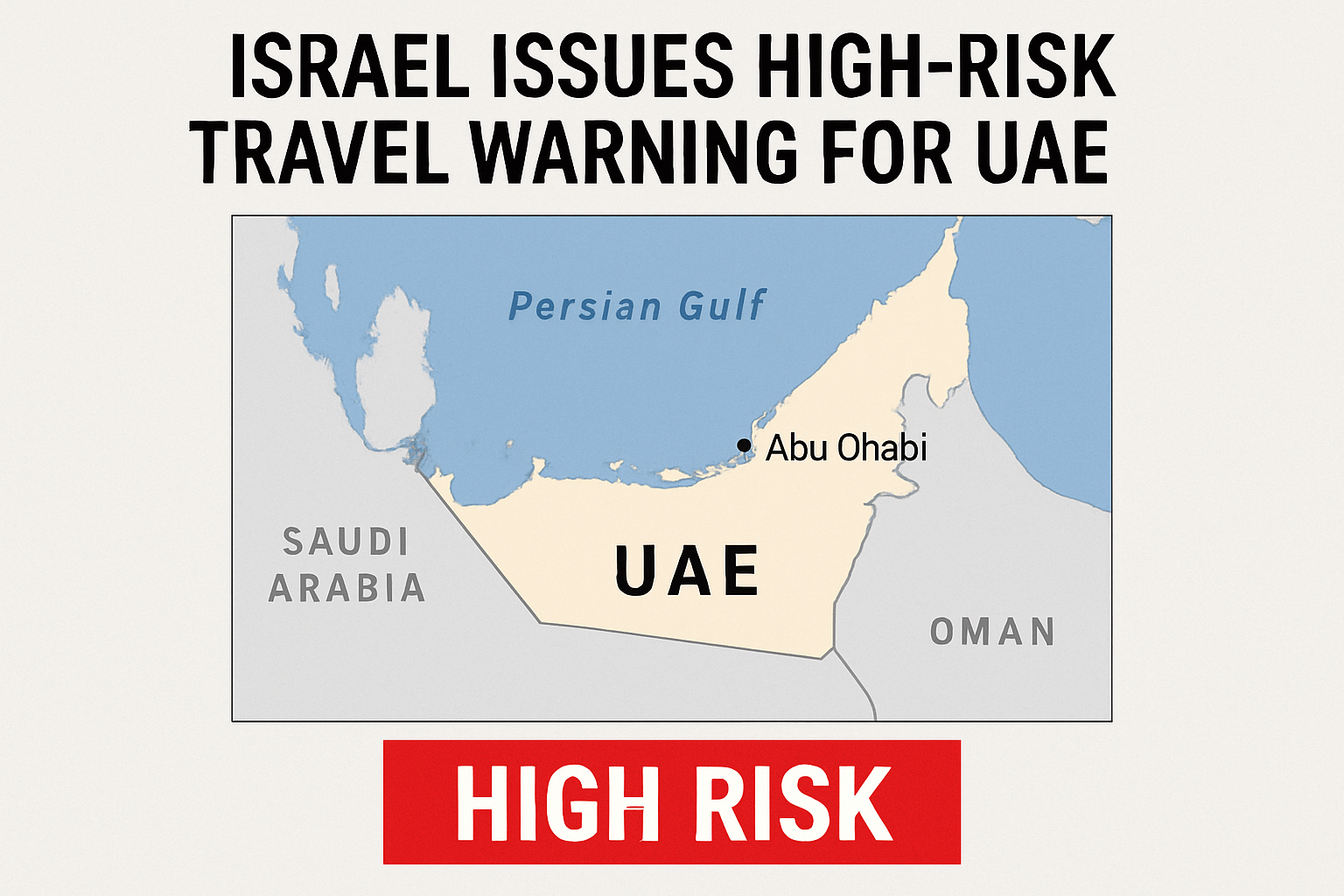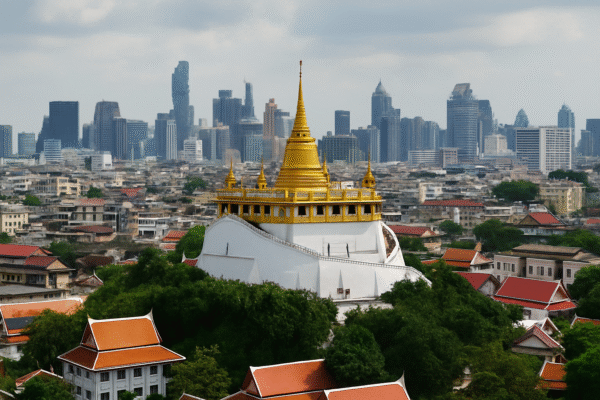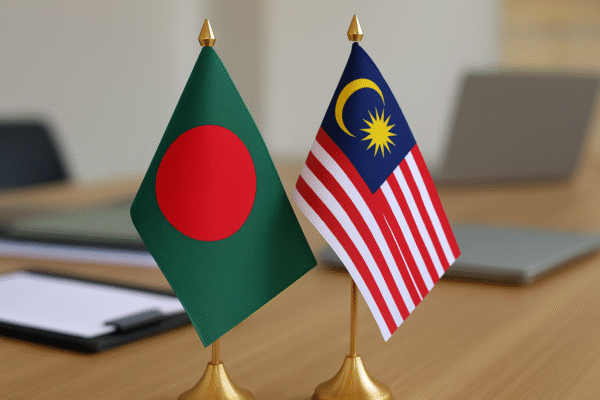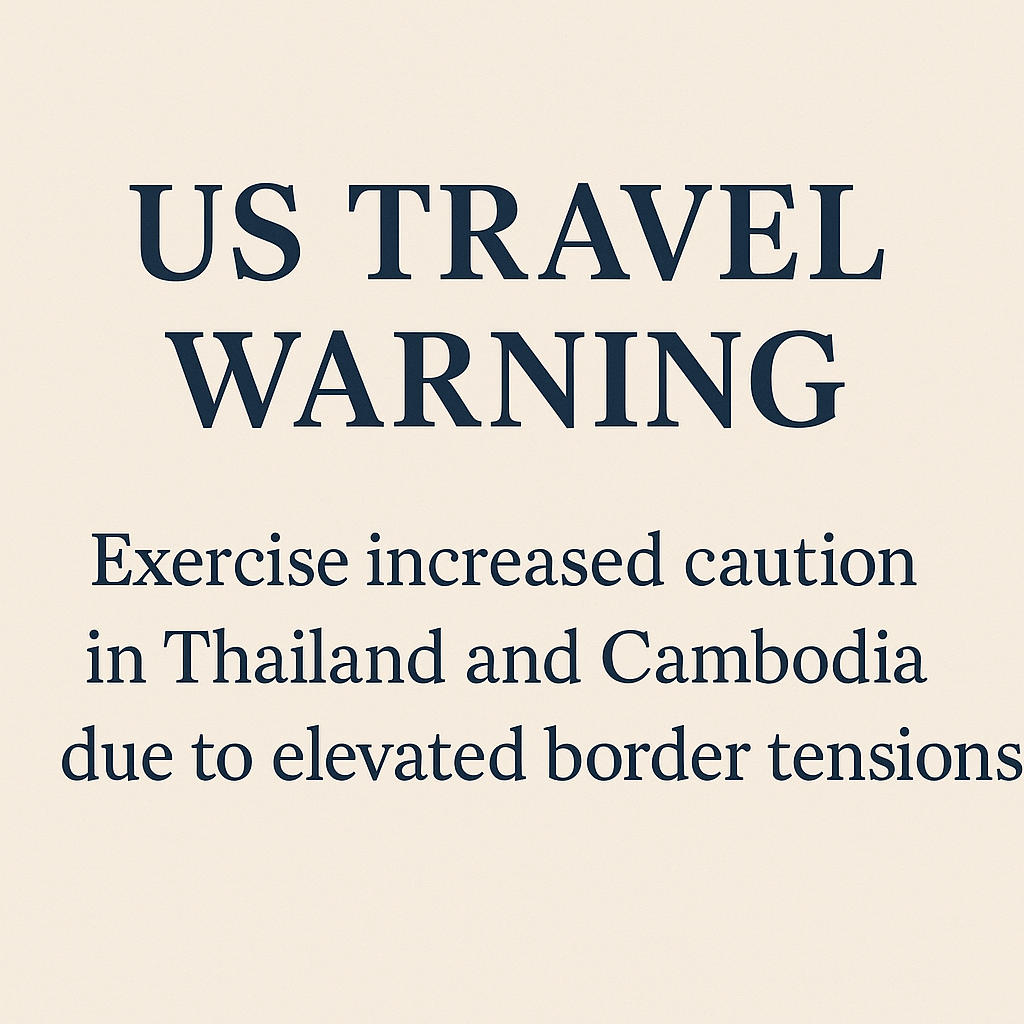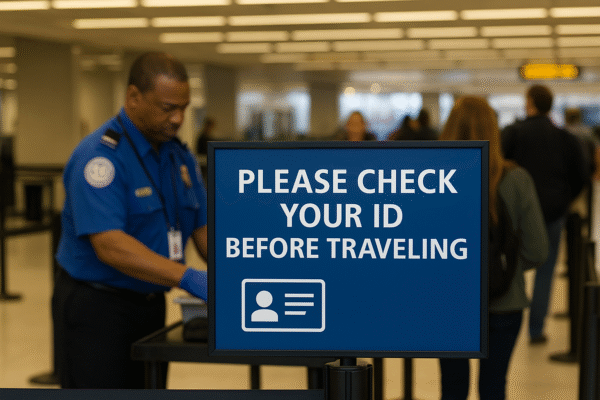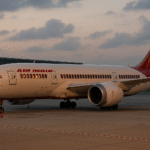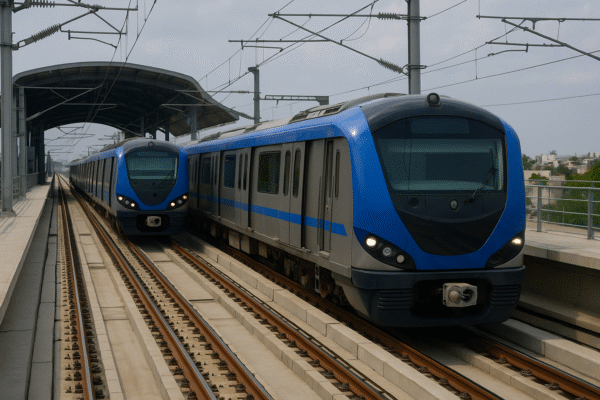Thailand’s vital tourism industry is facing one of its most serious disruptions in recent years following escalating border tensions with neighboring Cambodia. The diplomatic standoff, which intensified in late July 2025, has led to over 5,000 hotel booking cancellations across some of the country’s most tourism-dependent provinces, according to the Thai Hotels Association (THA).
Destinations including Chiang Mai, Bangkok, Chonburi, Phuket, Nakhon Ratchasima, Phang Nga, Surat Thani, Rayong, and Nong Khai have seen widespread cancellations from both domestic and international travelers, raising alarm bells within Thailand’s hospitality and travel sectors.
Chiang Mai and Bangkok Face the Worst Impact
Chiang Mai, renowned for its ancient temples, scenic mountains, and Lanna culture, bore the brunt of cancellations, with 2,089 rooms scrapped. The northern province had been experiencing a steady post-pandemic revival, bolstered by cultural tourism and domestic weekend traffic.
Bangkok, Thailand’s bustling capital and its primary international gateway, followed with 1,863 room cancellations, severely affecting both upscale business hotels and budget accommodations alike. The capital’s role as a transit hub for onward travel to other provinces has compounded the disruption, with cancellations creating a ripple effect throughout the nation.
Widespread Provincial Fallout
The fallout hasn’t been confined to major hubs. Coastal destinations like Chonburi—particularly Pattaya—saw 668 room cancellations, while Phuket, a globally known beach destination, reported 566 room cancellations.
Inland provinces such as Nakhon Ratchasima experienced 408 room cancellations, illustrating that the conflict’s repercussions stretch beyond border-adjacent areas. Even Phang Nga (140 rooms) and Surat Thani (133 rooms)—both gateways to popular islands like Koh Samui and Khao Lak—have not been spared.
Smaller yet strategic provinces like Rayong and Nong Khai, important for regional travel and cross-border connections, also saw booking declines, with 87 and 12 cancellations respectively.
Role of Global Travel Advisories
According to the Thai Hotels Association, the primary catalyst for these cancellations has been updated travel advisories issued by foreign governments. Countries such as the United States, United Kingdom, Australia, Canada, and several EU members have adjusted their safety ratings for parts of Thailand due to the rising geopolitical tensions.
These advisories often affect travel insurance eligibility, prompting travelers to reconsider or cancel trips altogether. Many international tourists, particularly from countries in East Asia and Europe, rely heavily on travel insurance, making them particularly sensitive to changes in risk classifications.
Chinese Tourist Market Deeply Affected
The tensions have significantly impacted confidence among Chinese tourists, historically Thailand’s largest inbound market. Already rattled by previous incidents involving Chinese nationals in Southeast Asia—including abduction and online scam rings—Chinese travelers are increasingly wary.
This latest border conflict only adds to safety concerns, prompting mass cancellations from group tours and independent travelers alike. Given the scale of Chinese outbound tourism, any significant decline poses a serious threat to Thailand’s recovery trajectory.
Industry Alarm Over Economic Impact
While there have been 6,835 new bookings recorded since July 24, 2025, THA reports a significant net slowdown in overall booking momentum. Many hotel operators, particularly small- and medium-sized businesses in provincial areas, have expressed deep concern over the economic toll.
Thailand’s tourism industry contributes roughly 18–20% of national GDP, and any prolonged disruption—especially during the second half of the year, which includes major holiday seasons—could severely dent recovery goals for 2025.
Industry leaders are urging the Thai government to issue clear communication, offer economic relief packages to affected businesses, and escalate diplomatic negotiations to ensure a swift resolution.
Government Response and Diplomatic Channels
The Thai Ministry of Foreign Affairs has confirmed that high-level diplomatic discussions with Cambodia are underway, with the goal of peacefully resolving the conflict and preventing further escalation. Thai authorities have also stepped up domestic security efforts and increased the visibility of tourist police and rapid-response teams in affected areas to reassure travelers.
Tourism Authority of Thailand (TAT) officials have been working alongside provincial tourism offices to manage traveler perceptions, issuing regular safety updates through official government websites and tourism platforms.
Moving Forward: A Call for Confidence
Despite the uncertainty, tourism stakeholders remain cautiously optimistic. With diplomatic negotiations continuing and Thai authorities prioritizing traveler safety, there is hope that confidence can be restored before peak travel periods resume in Q4 2025.
Local business owners, tour operators, and hotel associations are calling on media platforms and foreign embassies to provide balanced coverage and avoid unnecessary alarmism. According to THA, maintaining transparency while emphasizing enhanced safety protocols will be key to reversing the trend of cancellations.
Conclusion
Thailand’s tourism sector stands at a precarious crossroads as geopolitical friction with Cambodia sends shockwaves through the travel ecosystem. While the surge in hotel cancellations has been sharp, swift and coordinated government and diplomatic responses offer a pathway back to stability.
For a nation whose economy and identity are deeply entwined with global travel, restoring traveler trust and ensuring safety will be critical in steering Thailand’s tourism industry back to growth and resilience.
For more travel news like this, keep reading Global Travel Wire




